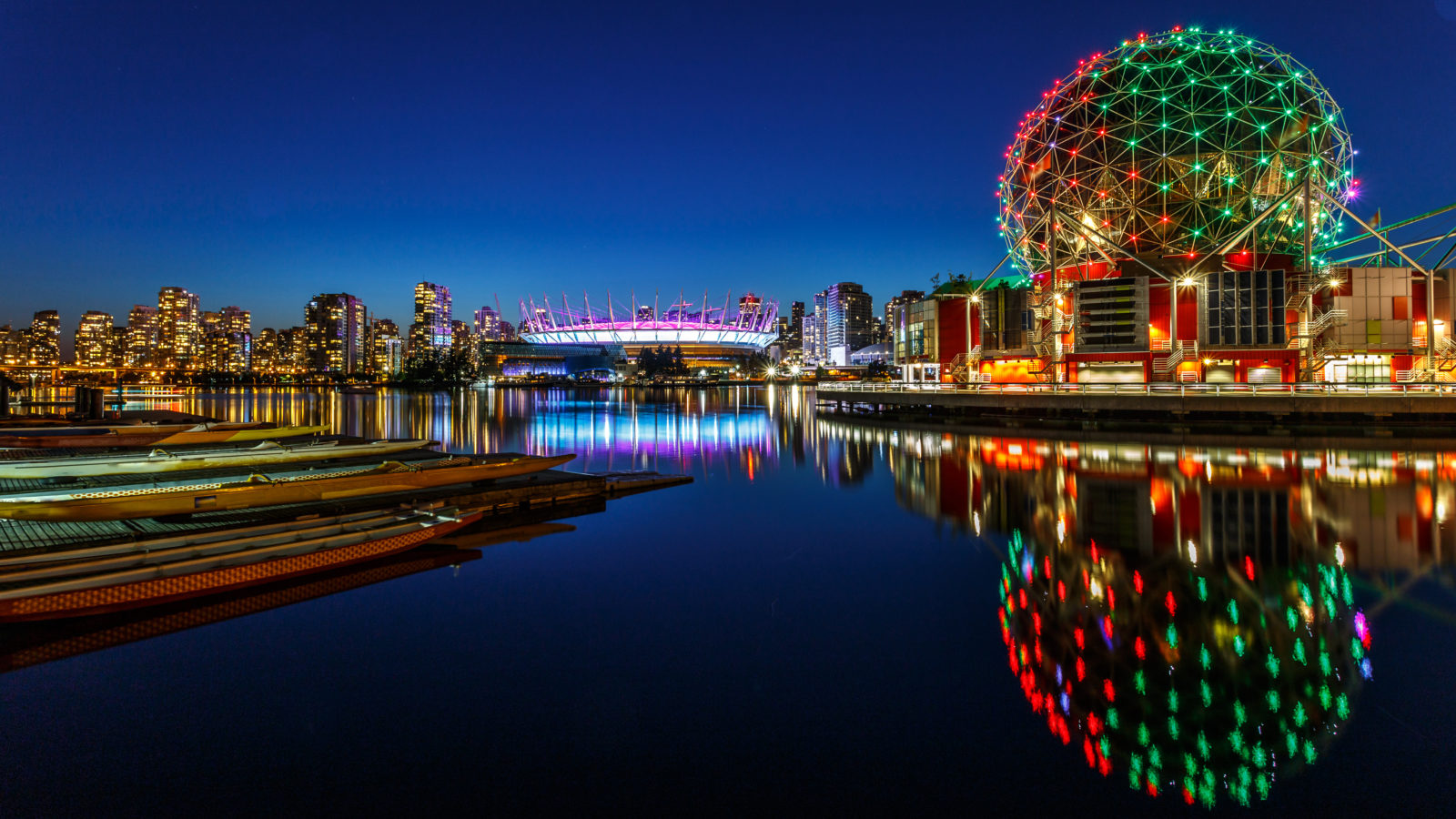2010 group on target
Published in Calgary SunThe Cascadia Center at Discovery Institute is a member of the Governor’s 2010 Olympics Committee formed to explore economic development, transportation and tourism opportunities for Washington State surrounding the 2010 Winter Olympic Games in Vancouver and Whistler, B.C.
The shovels haven’t broken dirt but it looks like Vancouver’s Olympic committee is right on schedule when it comes to the 2010 Winter Games. John Furlong, president and CEO of the organizing committee, said construction is set to begin next summer in Vancouver and Whistler on many of the new venues needed to stage the big event.
Unlike in Athens, where officials are scrambling to get everything built in time for the Summer Games Aug. 13-29, Vancouver, which has a $1.3-billion operating budget, will have facilities open years before the Games begin.
“You can never start too early or get too far ahead,” said Furlong, who was in Calgary yesterday to meet the media and some of Canada’s winter athletes at Canada Olympic Park’s Ice House.
Vancouver/Whistler will boast two athletes’ villages, one in the downtown core, the other in Whistler, so competitors don’t have to travel as much getting to their events.
They’re also building a new sliding centre for skeleton, luge and bobsleigh, a ski jump hill, a speed skating oval at Simon Fraser University and a new curling arena.
In 2008 and 2009, the area will host ‘test events’ of national and international calibre in every Olympic and Paralympic sport as a means of finding out how well organized the group is before the Games.
With the new facilities, questions arise on where Canadian athletes are going to train and live before and after 2010.
Some, like Calgarian Lindsay Alcock, voiced concerns about the cost of training in an expensive town like Whistler.
“I’m getting the indication they want to sit down with the athletes and figure out what it is we need,” said Alcock, last season’s overall skeleton World Cup winner and world championship silver medallist.
“If we know going in we’ve got a bed to sleep in, we have a cafeteria to eat in, what more do you need?”
Organizers want to build an athlete centre where competitors can stay but Alcock said she’d still likely remain in Calgary.
Canada’s finest winter athletes also might get some extra cash from the organizing committee, which wants to raise money to help Canadians reach more podiums.
Medals, as well as buses running on time, ticket sales and corporate support will be the criteria on which the Games are judged.
“The definition of success must include the performance of the Canadian team,” said Furlong, who is working closely with CODA in preparing for the Games.
“There’s never enough money for athletes and everyone should get involved and if everybody would give a little, we’d get it done.”
Furlong’s words rang true in light of the federal government’s refusal to commit more money to sport funding. While the athletic community was hoping for a $50-million addition to the $90 million in spending, the feds announced no increase in Tuesday’s budget.
